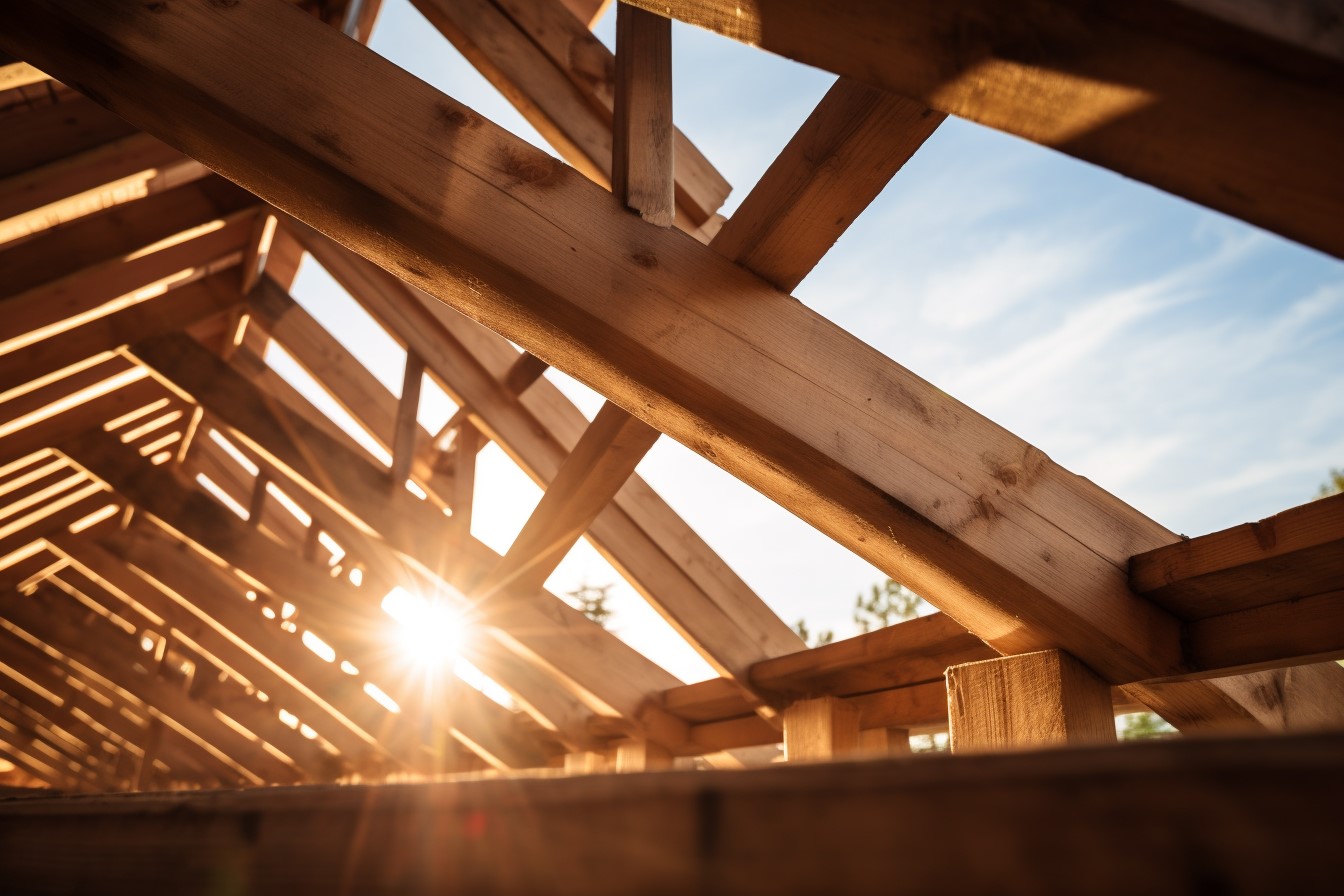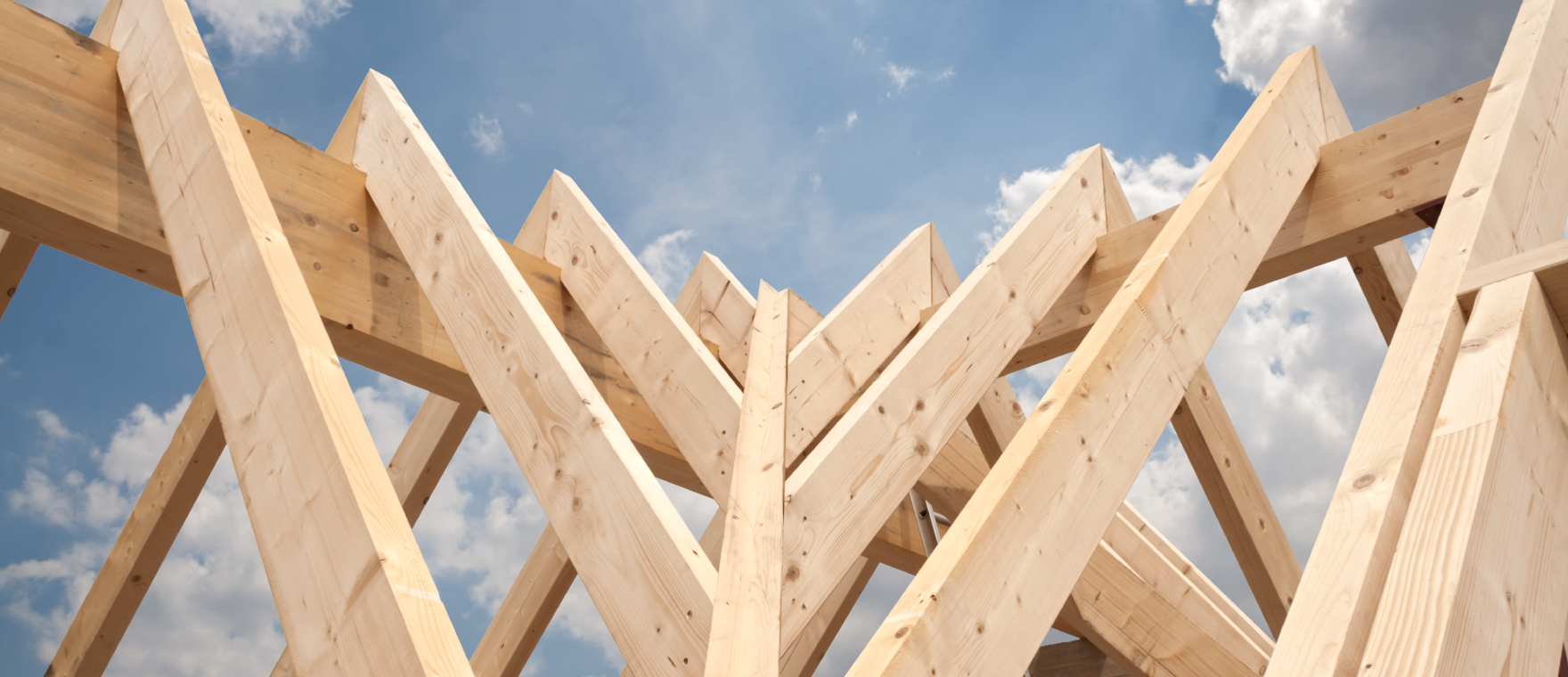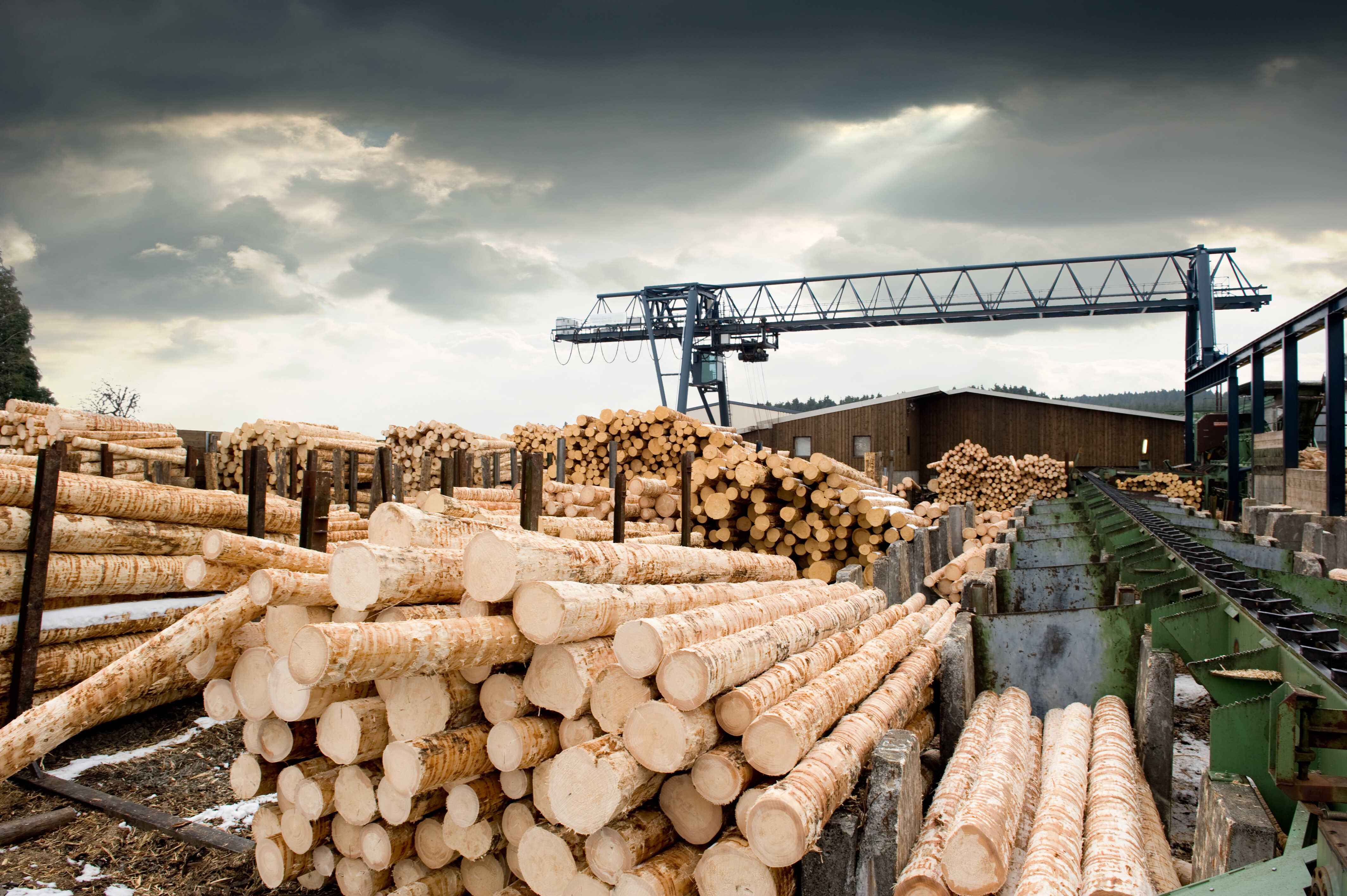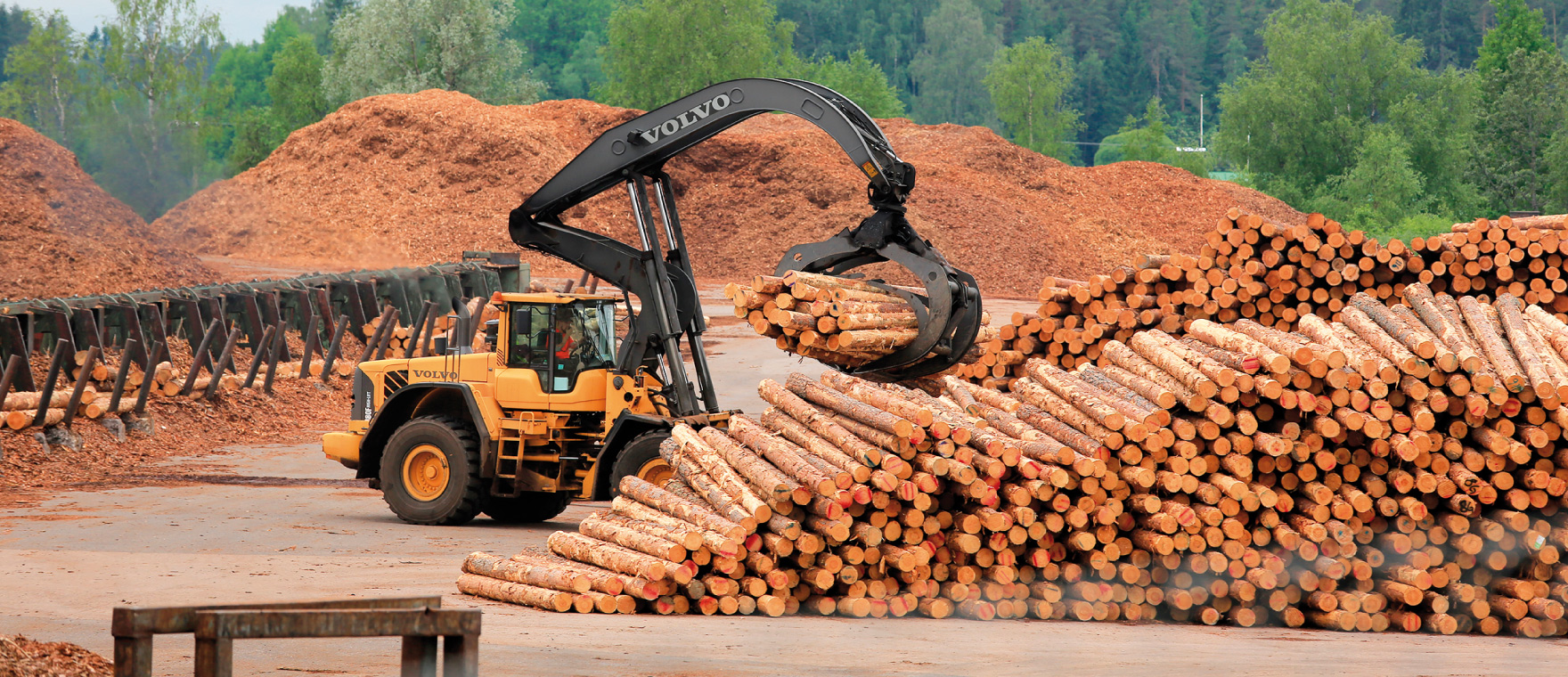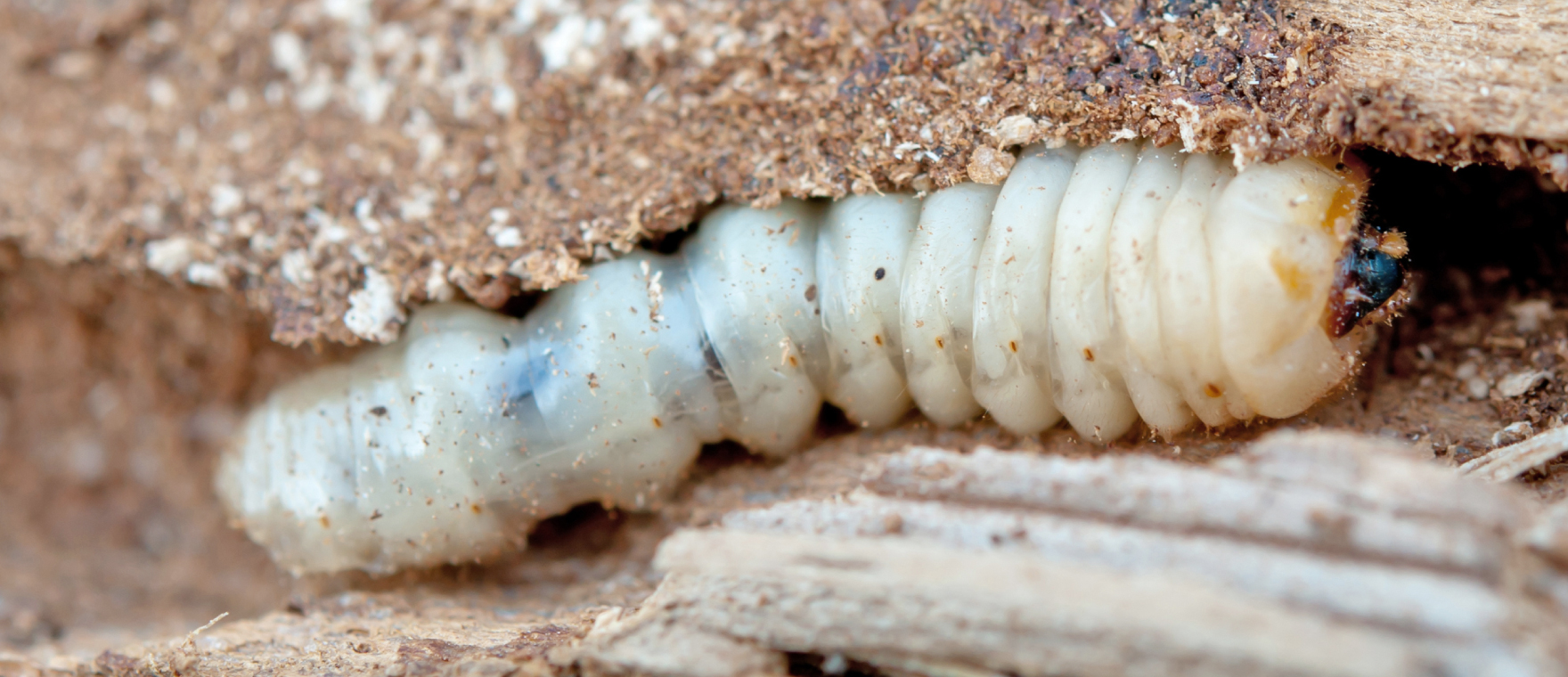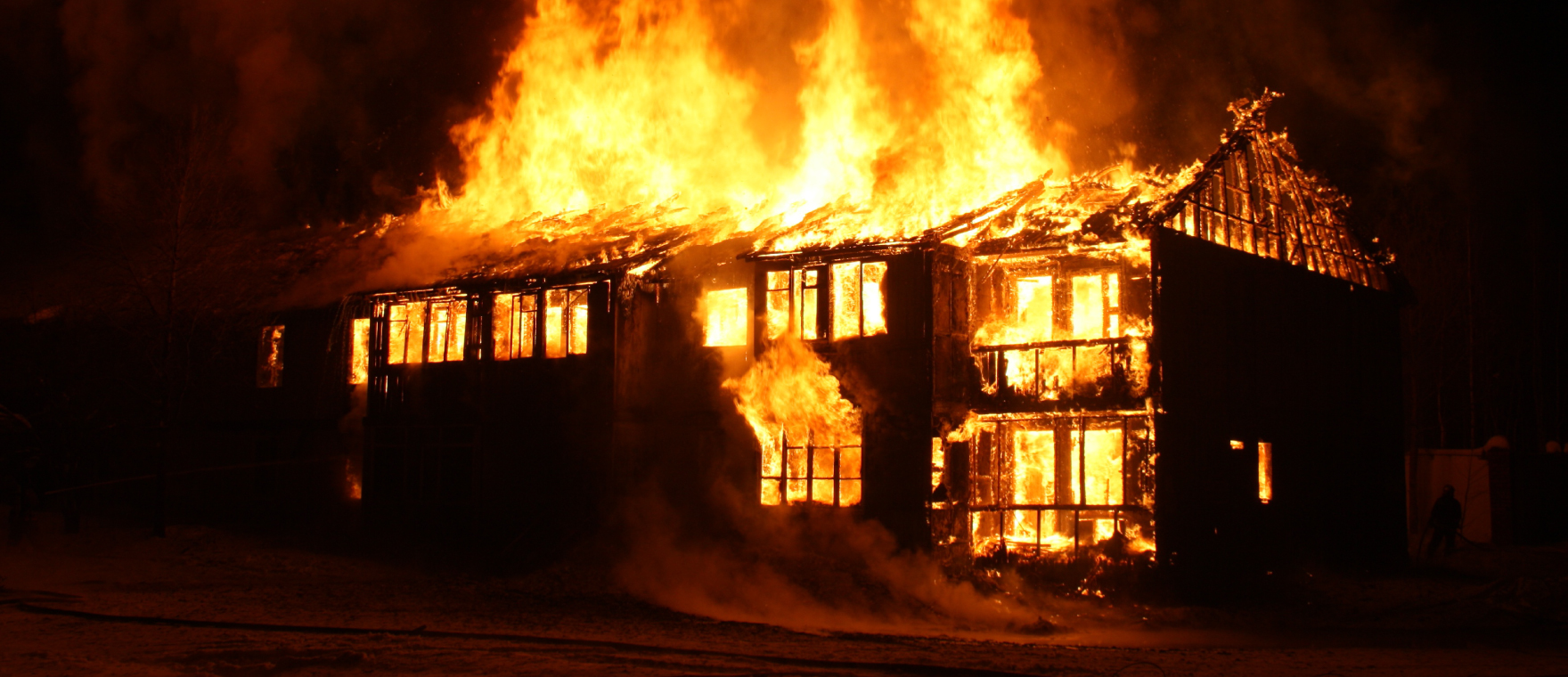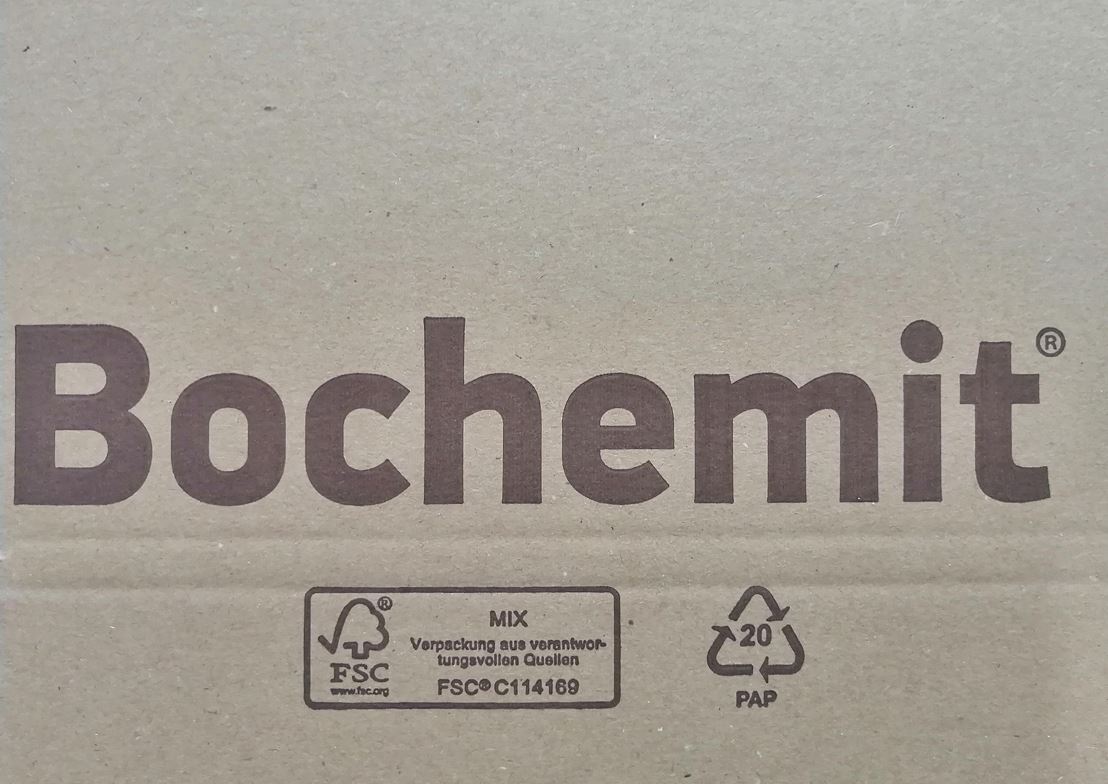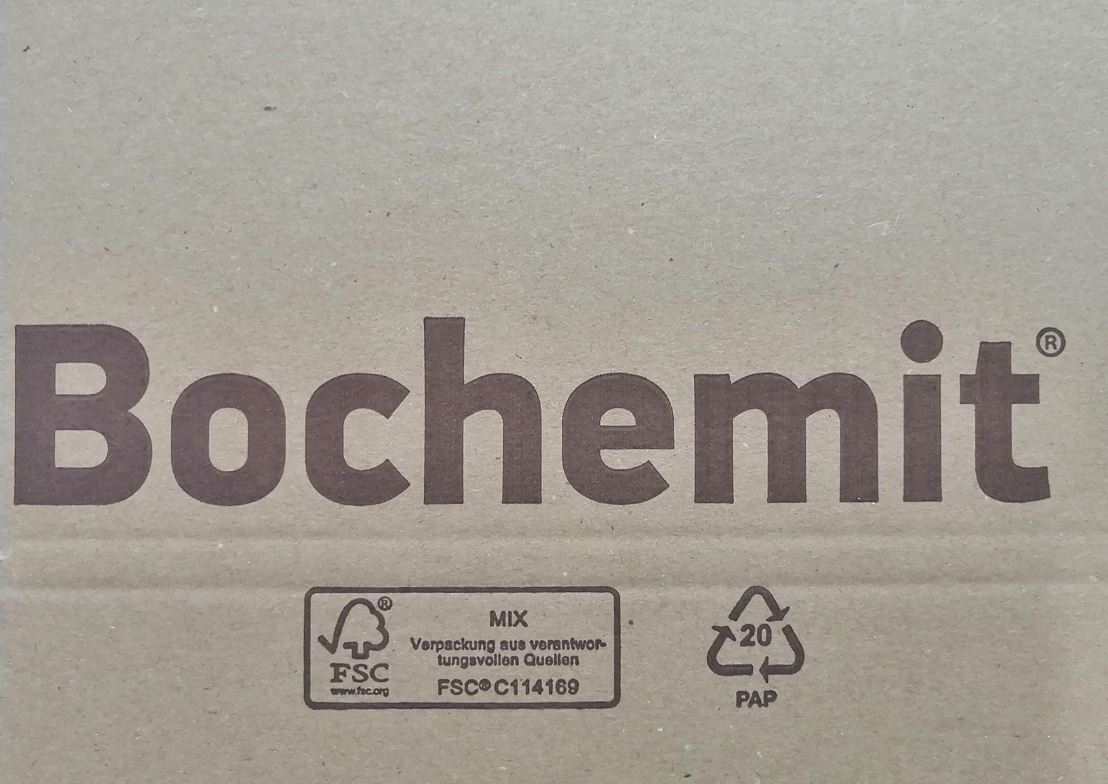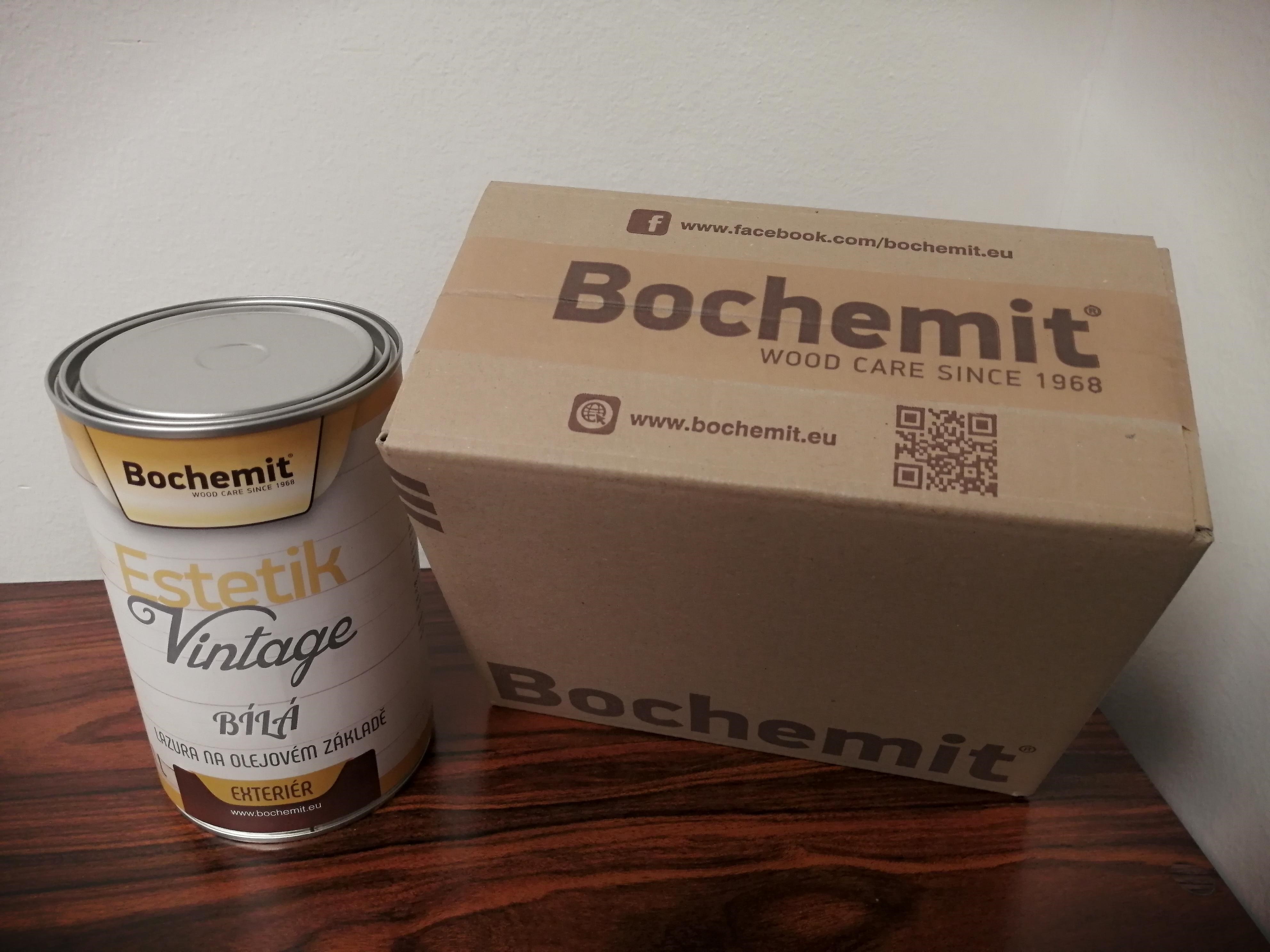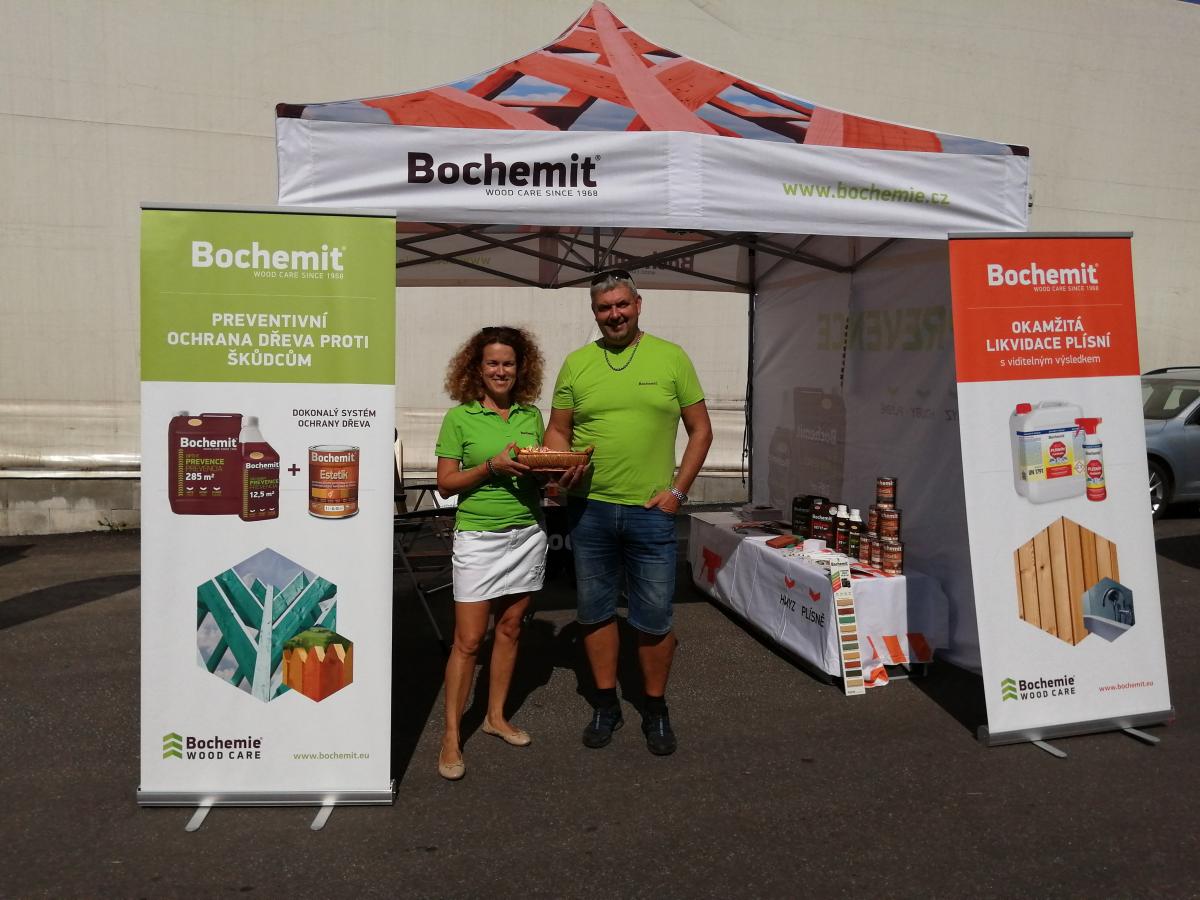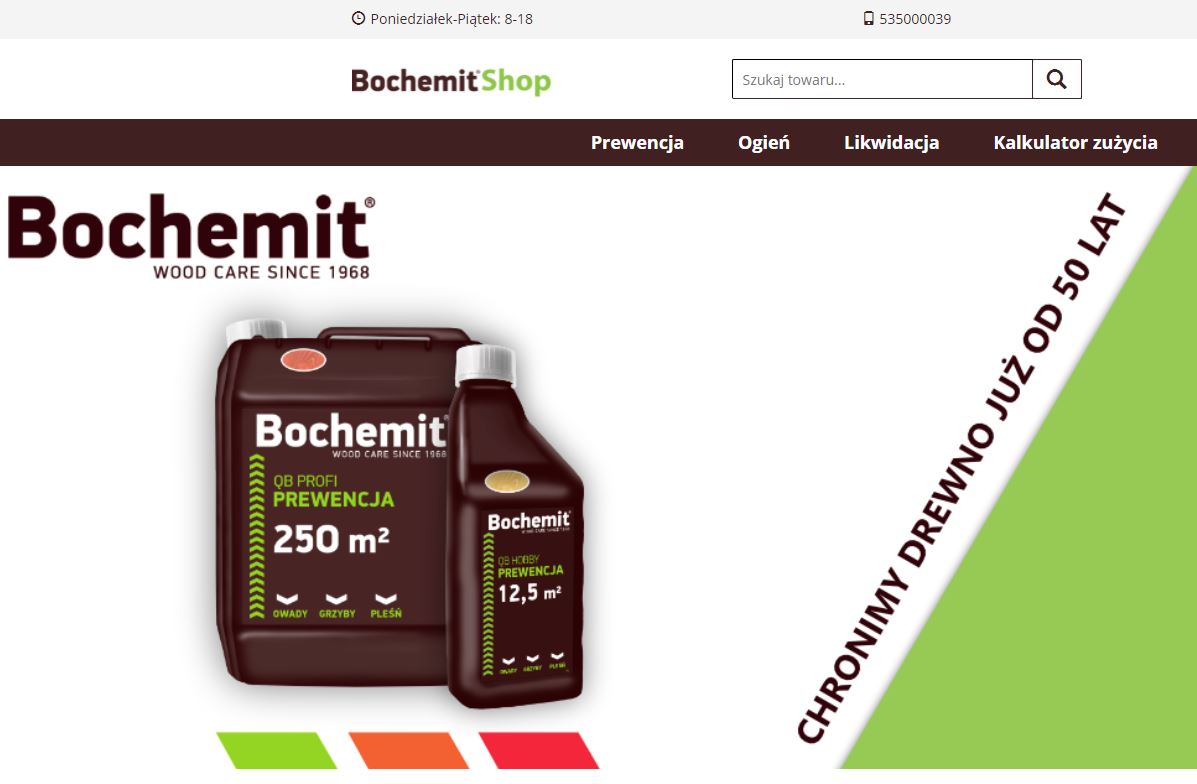Because we care about the environment and because “recycling” is a word close to our hearts, the cardboard we use for Bochemit products is forestry- and nature-friendly. The FSC mark is already printed on our cardboard packaging for e-shop purchases, and we will be rolling this out to our other cardboard packaging.
What does the FSC mark say about our cardboard?
The FSC mark certifies that packaging is primarily sourced "from the forest”. It also certifies that the packaging and its supply chain are responsibly and conscientiously managed. In particular, the FSC mark guarantees that:
- the production process adheres to the most stringent environmental protection regulations;
- the majority of all FSC-certified paper has a high recycled pulp content;
- trees are replanted in a way that preserves the forest’s biodiversity, productivity and natural processes;
- employees working along the supply chain are paid a fair wage;
- production does not jeopardise the interests of indigenous peoples, either at logging sites or elsewhere;
- materials are manufactured in compliance with all applicable laws and regulations, and with all duly-ratified international treaties, conventions and agreements;
- production supports the development of local communities.
The certification is awarded by the Forest Stewardship Council, a non-profit organisation. The objective of the FSC is to promote environmentally responsible, socially beneficial and economically viable forest management world-wide. In doing so, it aims to protect the world's disappearing, endangered and devastated forests. If your product bears the FSC logo, you can be sure that your purchase supports sustainable forest management.
The FSC certification scheme was set up in 1993 by representatives of international environmental organisations, timber wholesalers and retailers, forestry companies, the wood processing industry, indigenous peoples' associations, trade unions and certification bodies from across the world. According to FSC standards, the initiative currently brings together organisations from more than 80 countries world-wide, which are home to 181,514,680 hectares of managed forest land.

